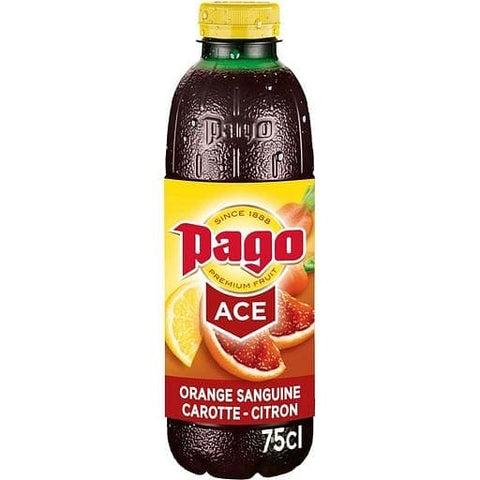French gastronomy is one of the most celebrated cuisines in the world, and it is deeply rooted in the country's history and culture. From the humblest bistro to the most lavish Michelin-starred restaurant, French cuisine is renowned for its exquisite flavors, meticulous attention to detail, and emphasis on high-quality ingredients.
The history of French gastronomy dates back to the Middle Ages, when the country was influenced by a variety of culinary traditions from across Europe and the Mediterranean. Over the centuries, French chefs developed their own unique style of cooking, incorporating new ingredients and techniques and placing a greater emphasis on the presentation of their dishes. This emphasis on presentation and attention to detail is one of the defining features of French cuisine, and it is reflected in everything from the intricate garnishes on a plate to the careful selection of a wine to accompany a meal.
French gastronomy is also characterized by its regional diversity. Each region of France has its own unique culinary traditions and specialties, from the rich, hearty dishes of the North to the light, seafood-based cuisine of the South. This regional diversity is one of the things that makes French cuisine so interesting and exciting, as it allows chefs to explore a wide range of flavors, ingredients, and techniques.
Despite its emphasis on quality and attention to detail, French cuisine is not necessarily about extravagance or luxury. Many of the country's most beloved dishes are simple and rustic, like the classic coq au vin or the hearty cassoulet. At the same time, however, French gastronomy also encompasses some of the most opulent and decadent dishes in the world, from foie gras to truffles to caviar.
Perhaps one of the most important aspects of French gastronomy is its celebration of the social and cultural importance of food. In France, meals are often seen as a time for family and friends to come together and enjoy good food, good wine, and good company. This social aspect of food is reflected in everything from the long, leisurely meals of the weekend to the importance placed on traditional holiday dishes.
Finally, it is worth noting that French gastronomy has had a significant impact on the culinary world beyond France. Many of the techniques and ingredients used in French cuisine have become staples of modern cooking around the world, and French-trained chefs have gone on to establish some of the most influential and successful restaurants on the planet.
In conclusion, French gastronomy is a rich and diverse culinary tradition that encompasses everything from rustic, hearty dishes to opulent, luxurious cuisine. Its emphasis on quality ingredients, meticulous preparation, and attention to detail has made it one of the most celebrated cuisines in the world, and its social and cultural importance continues to influence the way we think about food today. Whether you are a professional chef or a home cook, exploring the flavors and techniques of French cuisine is a rewarding and inspiring experience that will deepen your appreciation for food and its place in our lives.




